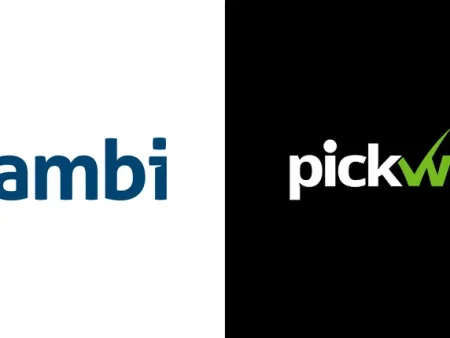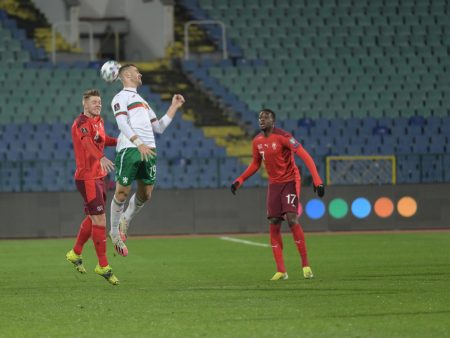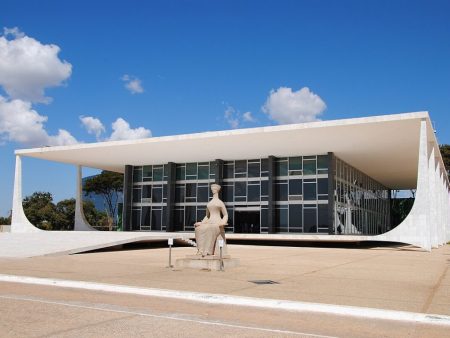The IBIA, or International Betting Integrity Association, reported 42 suspicious betting alerts. These alerts were sent to relevant authozrities in the third quarter of the year.

This represents a 54% decrease from 91 alerts in the second quarter of this year. It also marks a 16% reduction compared to the revised total of 50 alerts in the third quarter of the previous year. Football and tennis were the two sports with the most alerts totaling to 14 in the quarter. Esports followed with 12 alerts, while bowls and table tennis each had 1.
Europe remains a hotbed for suspicious betting alerts, reporting 14 this quarter. This is a decrease from 20 alerts in the second quarter.
Africa reported five alerts. All are related to football in Burundi. Football was also a prominent sports in Asia and South America. Both reported four alerts. Finally, North America reported three tennis-related alerts.
Khalid Ali, CEO of IBIA, commented that football and tennis registered the highest number of alerts in the third quarter. However, these figures align with those from recent years. In the case of tennis, the alerts represent a significant decrease compared to its peak.
He noted that esports alerts returned to more normal levels in Q3 after an increase in Q1 and Q2, which was primarily due to a linked case.
The IBIA included information on football as part of its announcement. It is a sport heavily impacted by suspicious betting. This segment outlined the main betting markets for football which are result of the match, result of half time, Asian handicap, total goals over and under match, total goals over and under half time, correct score or match and half time or full time.
Corrupters predominantly use these markets to disguise themselves among other bettors.


